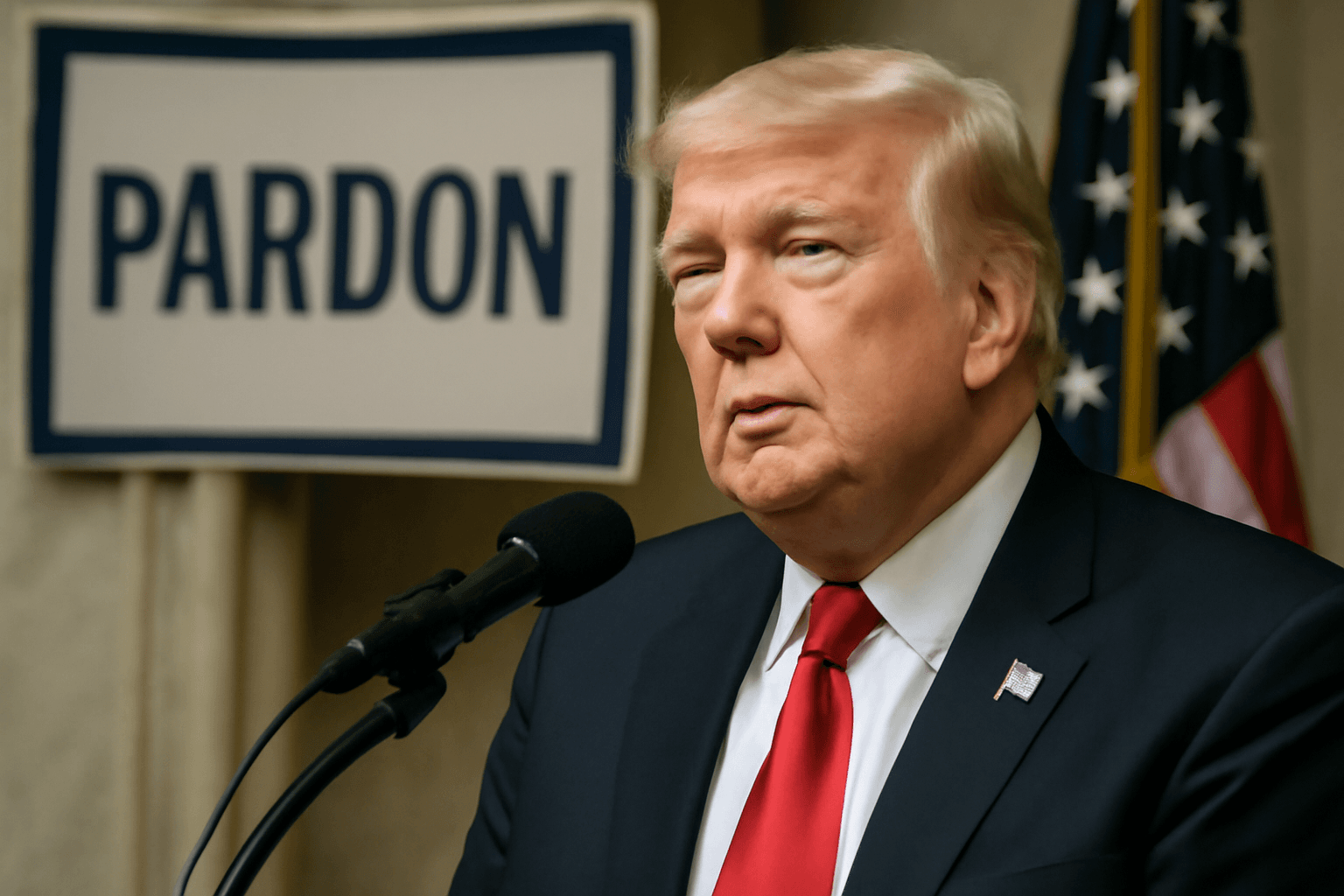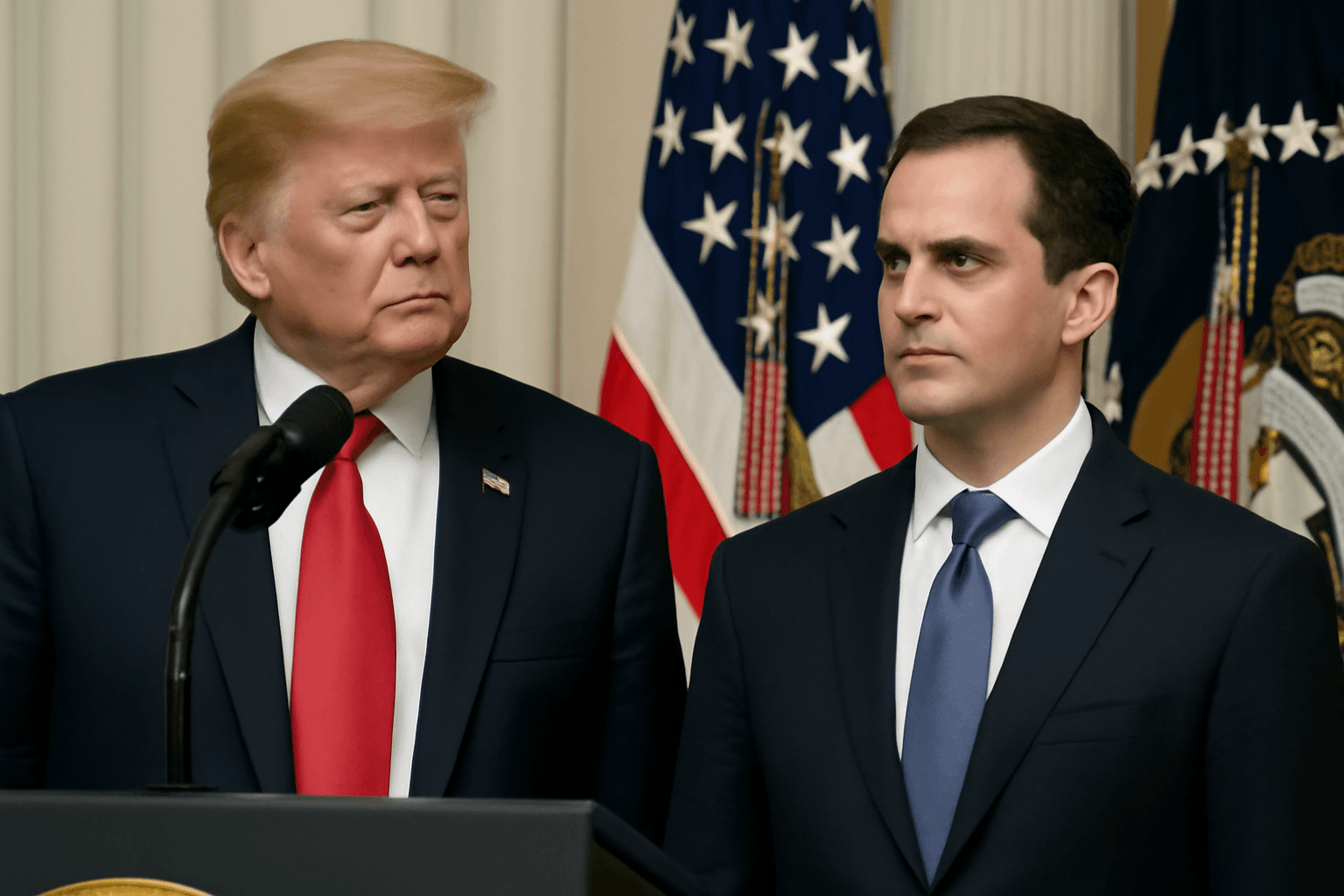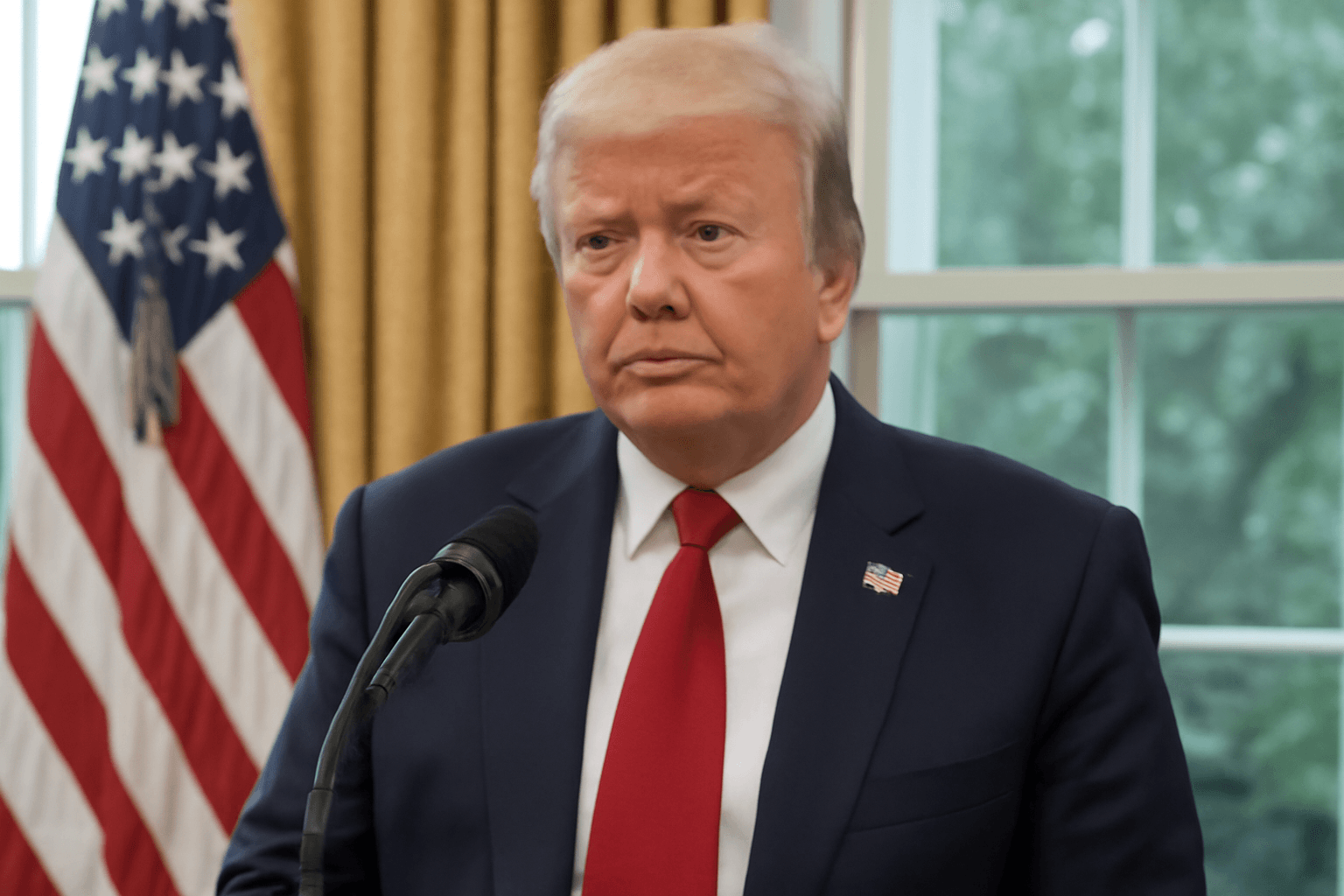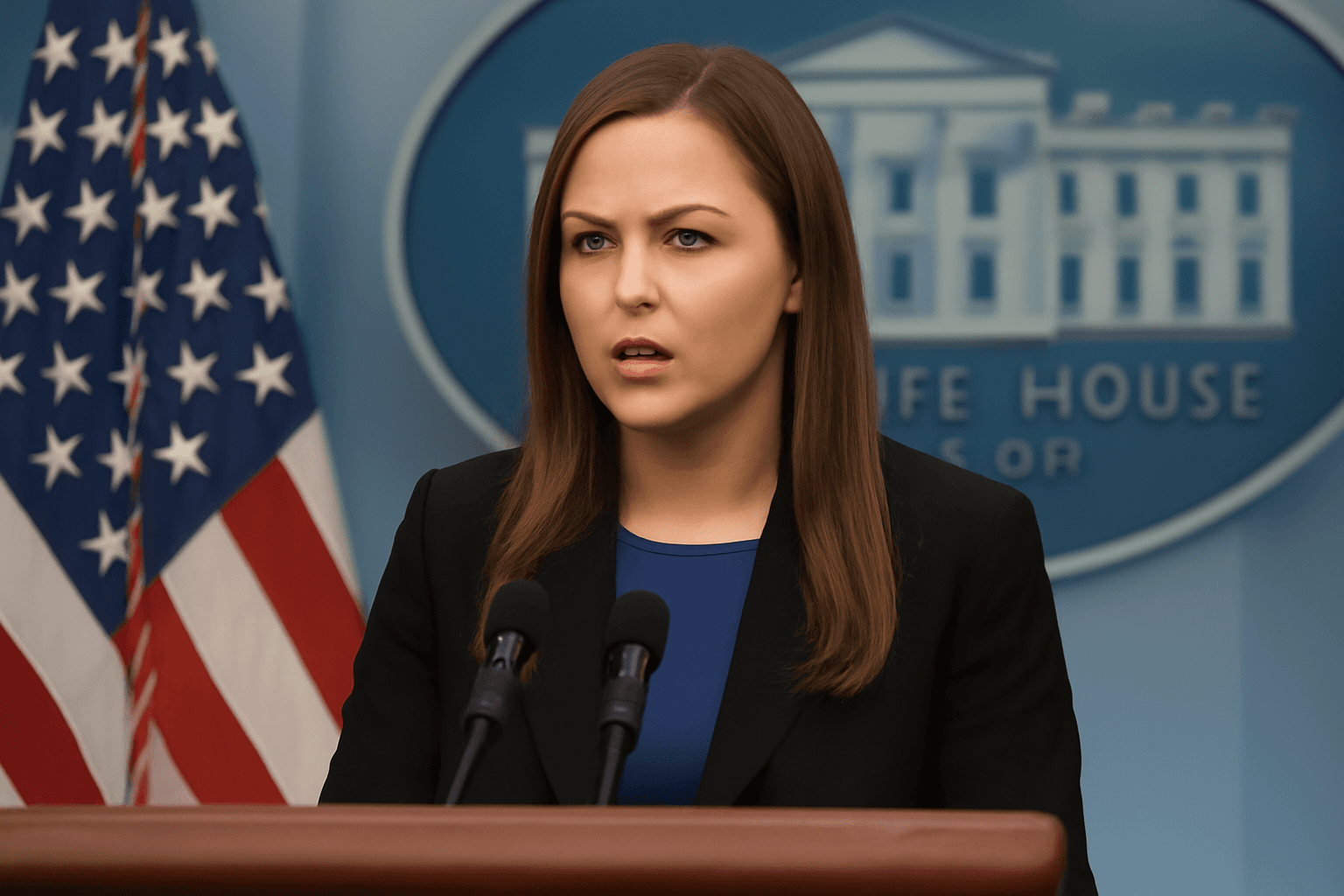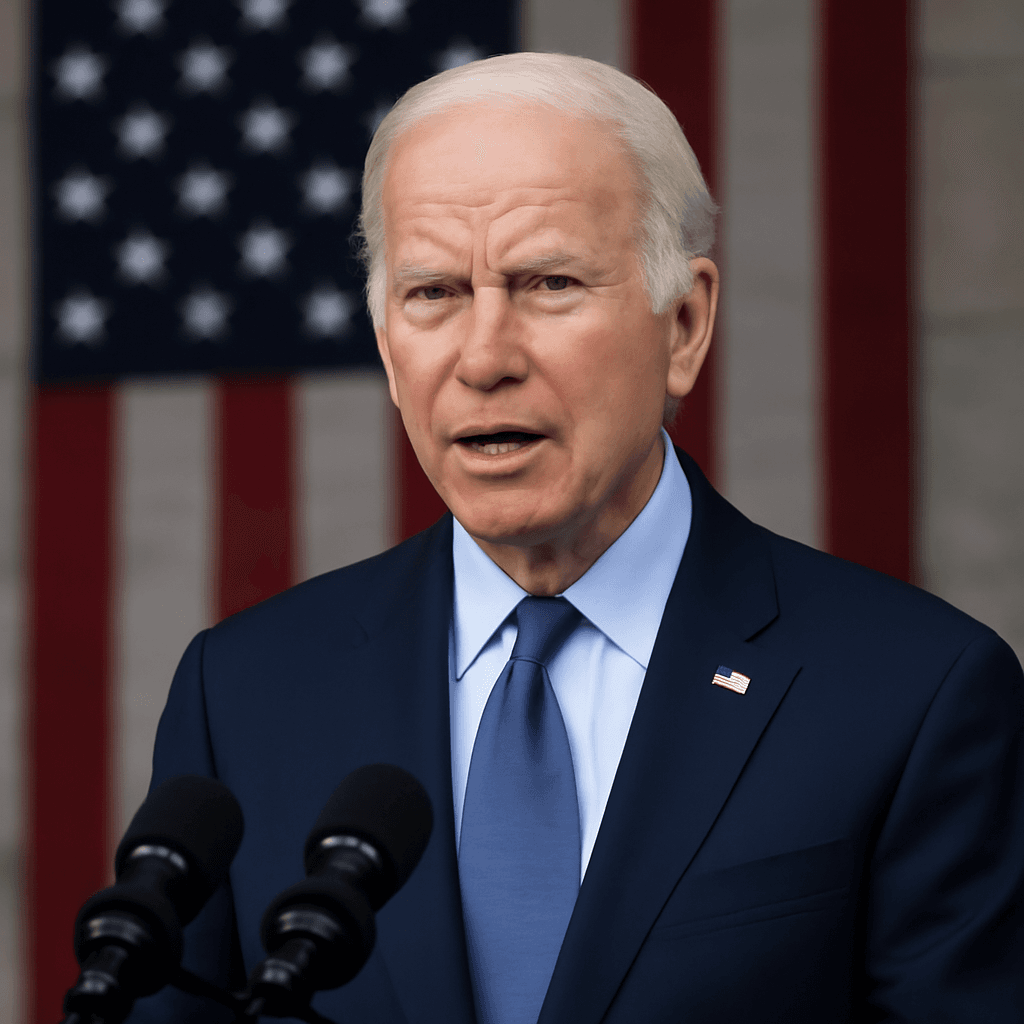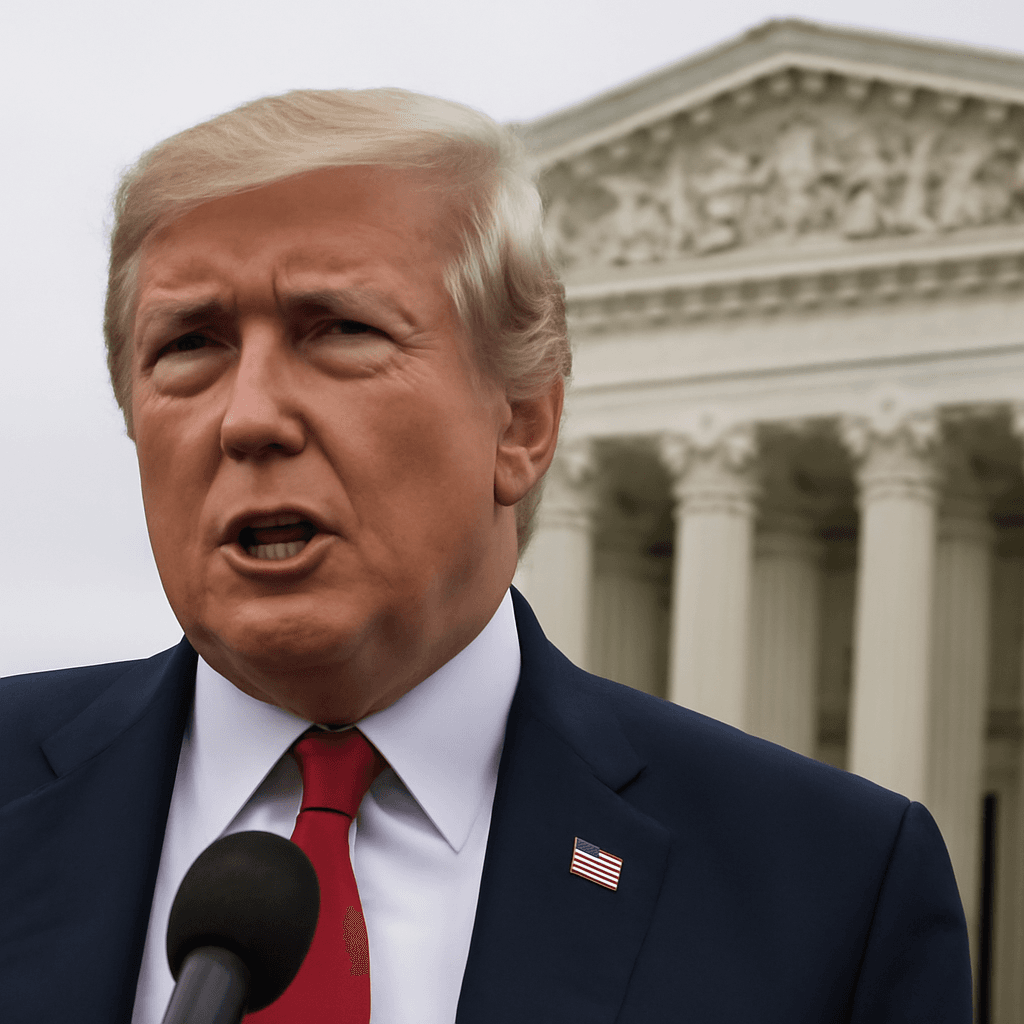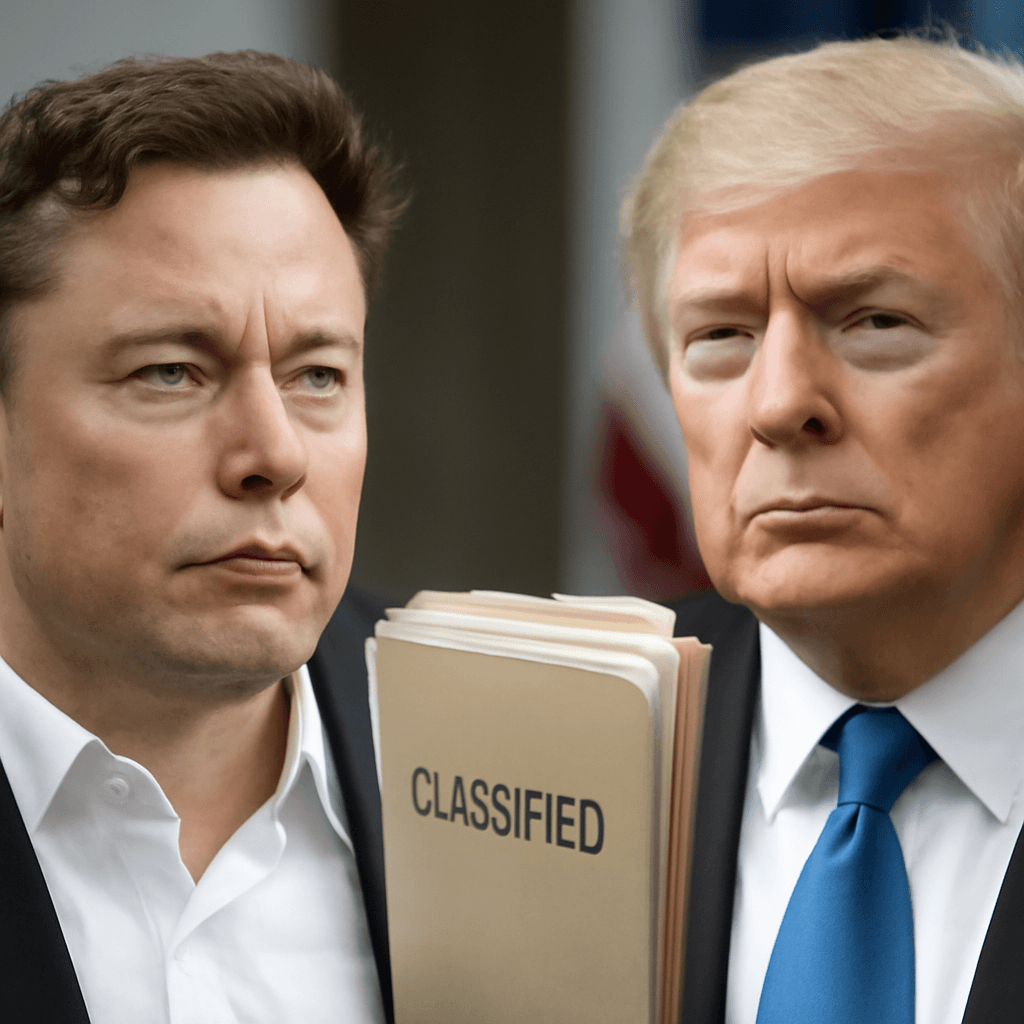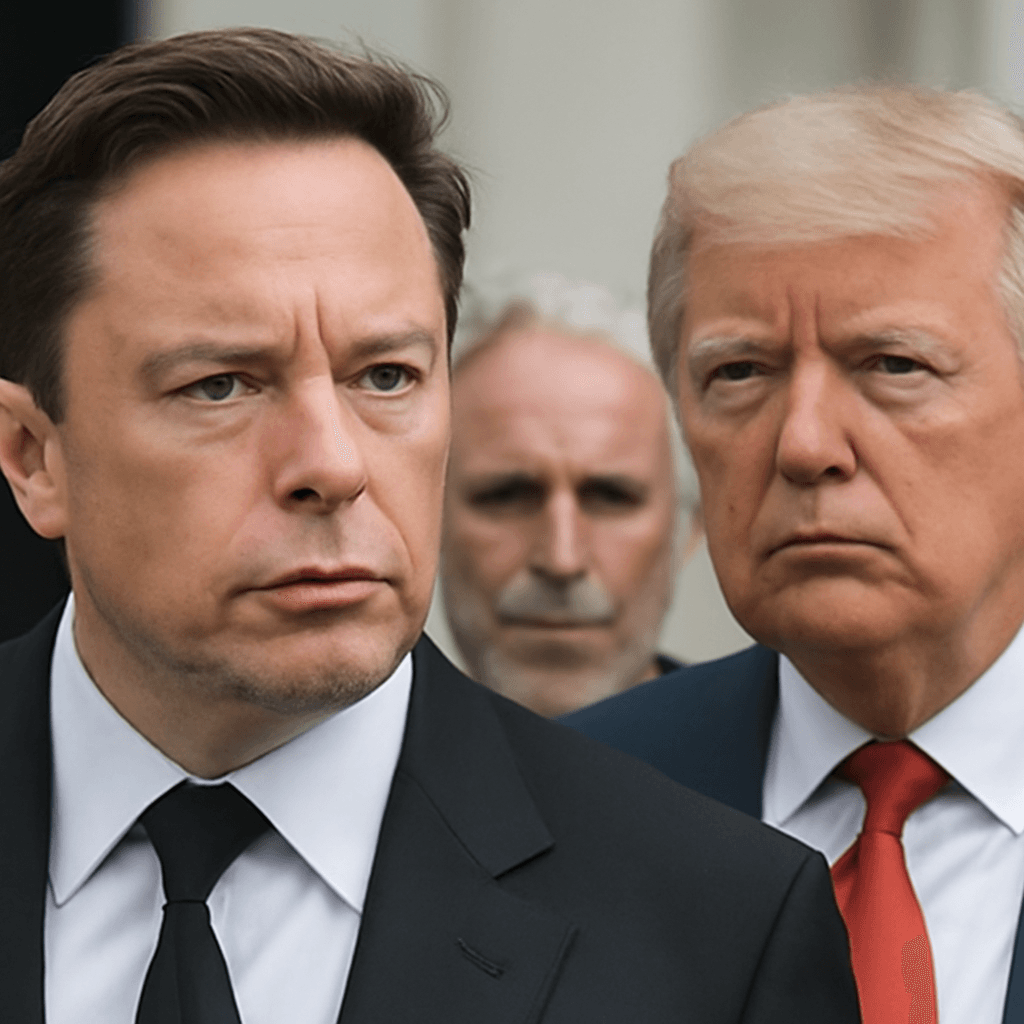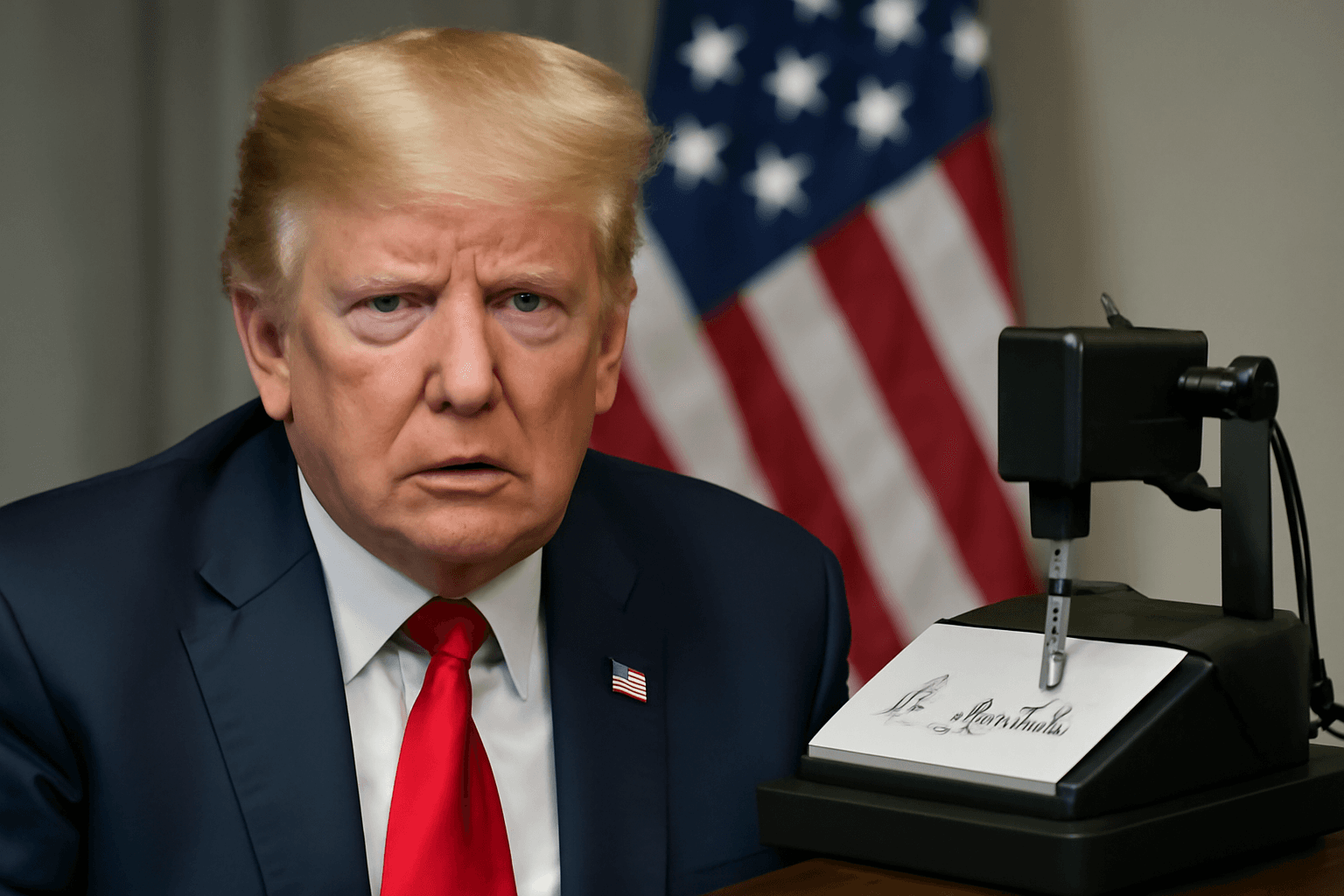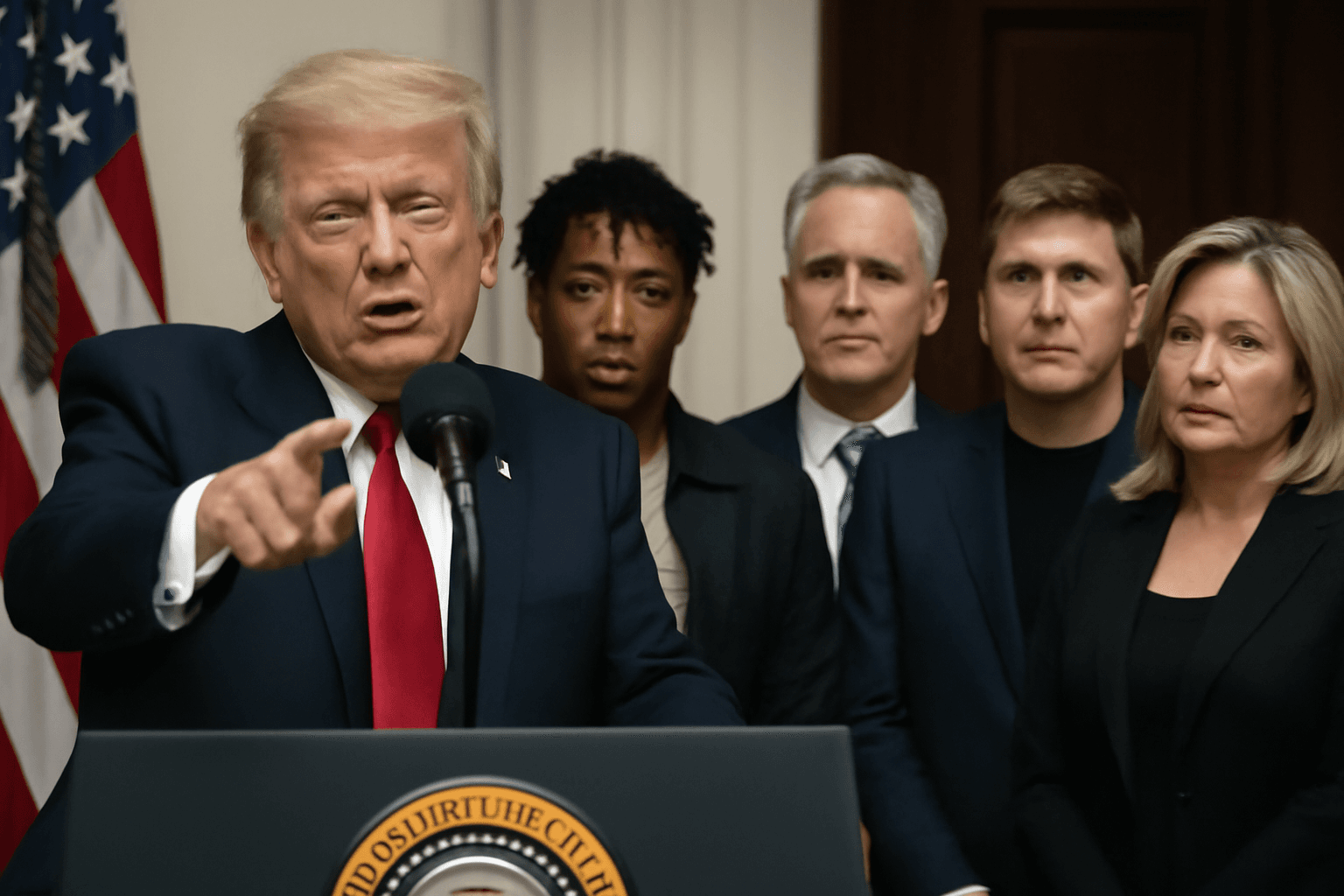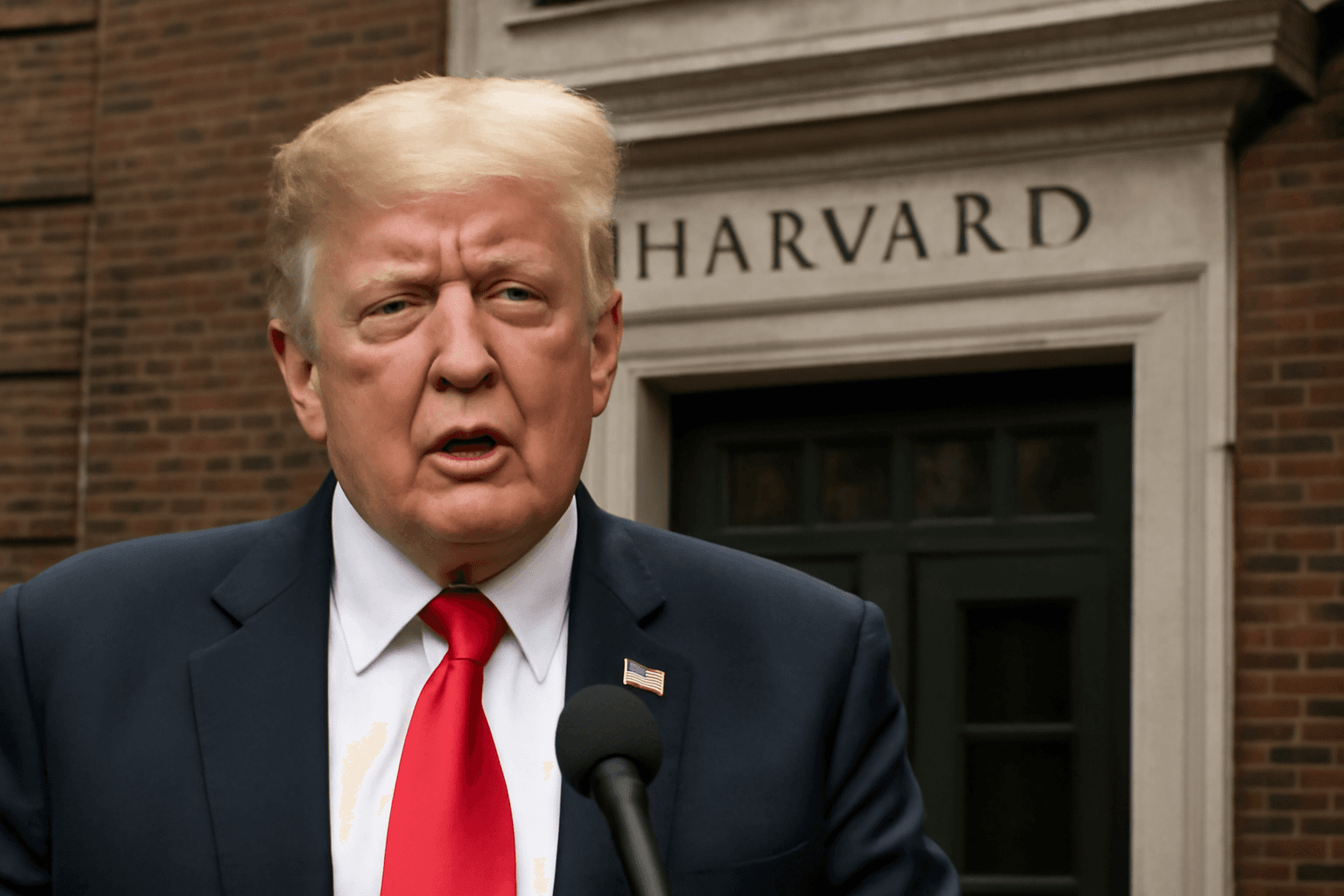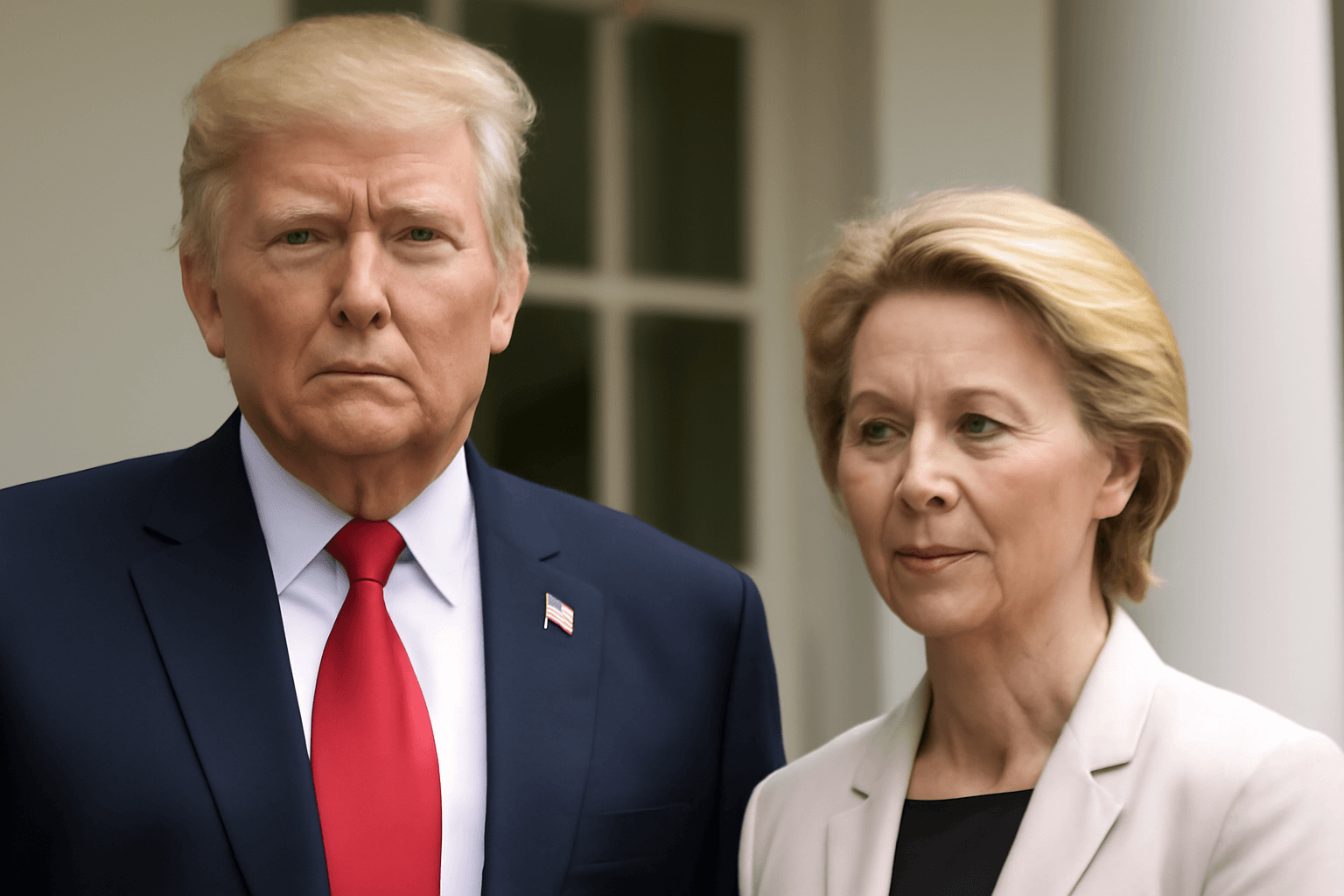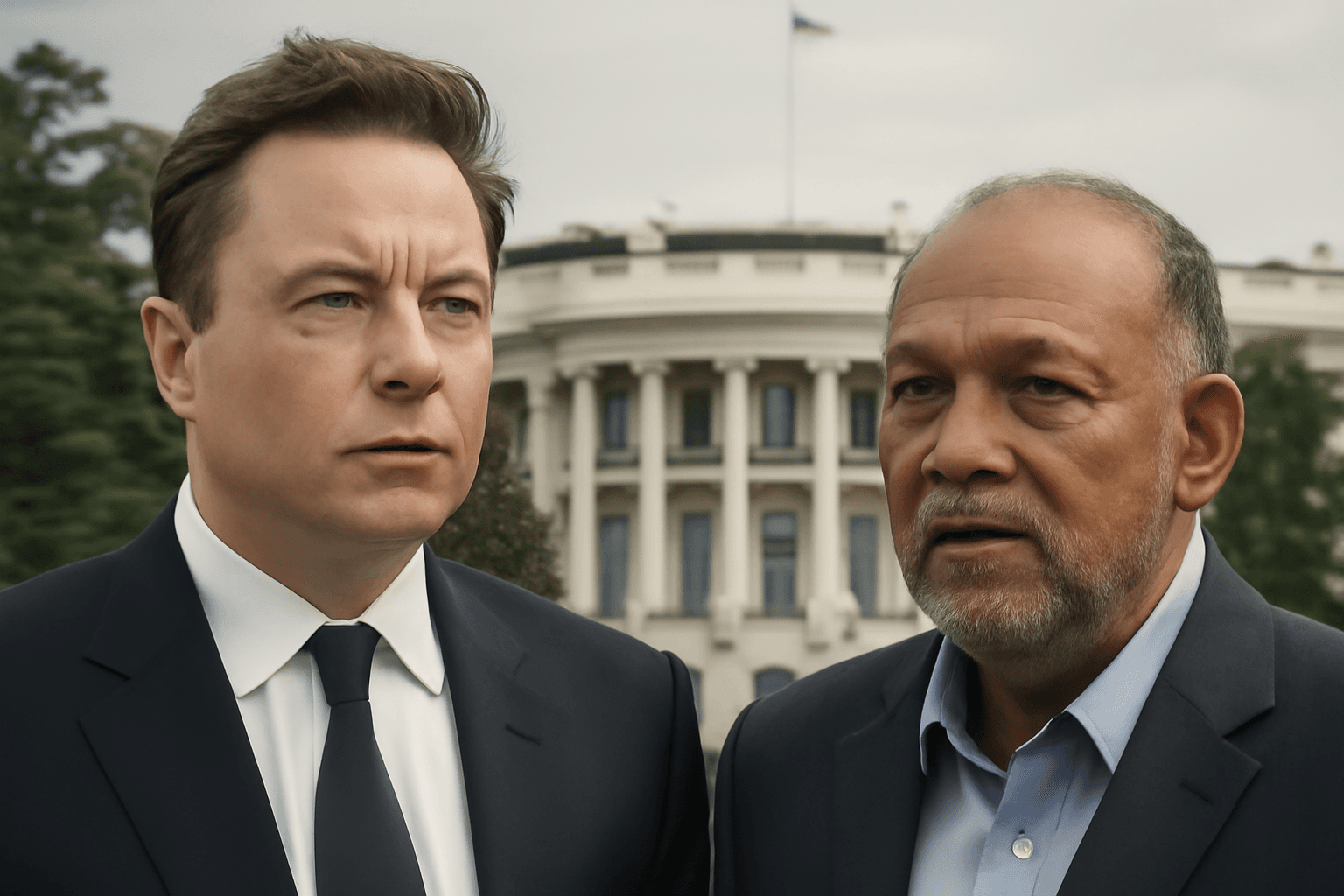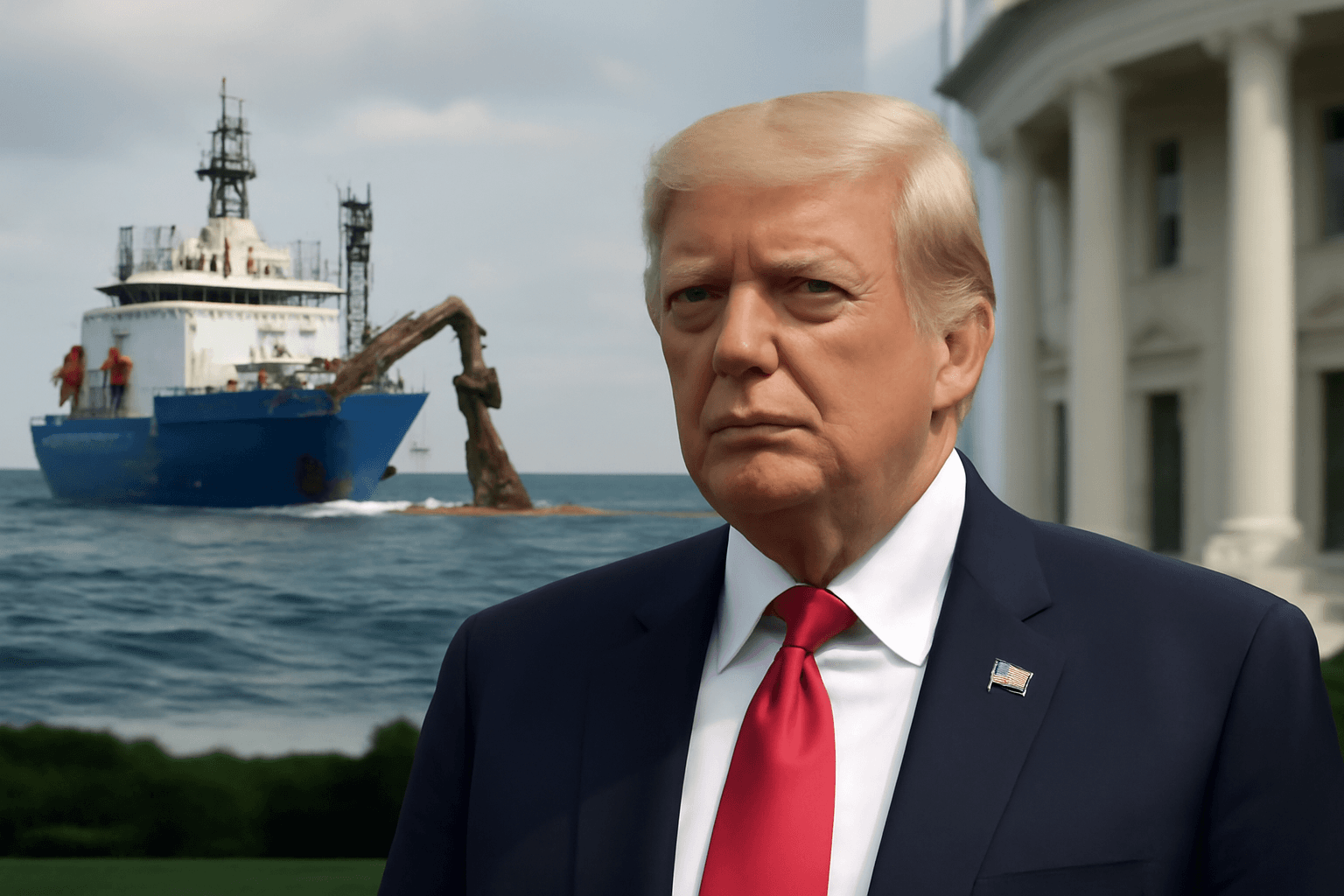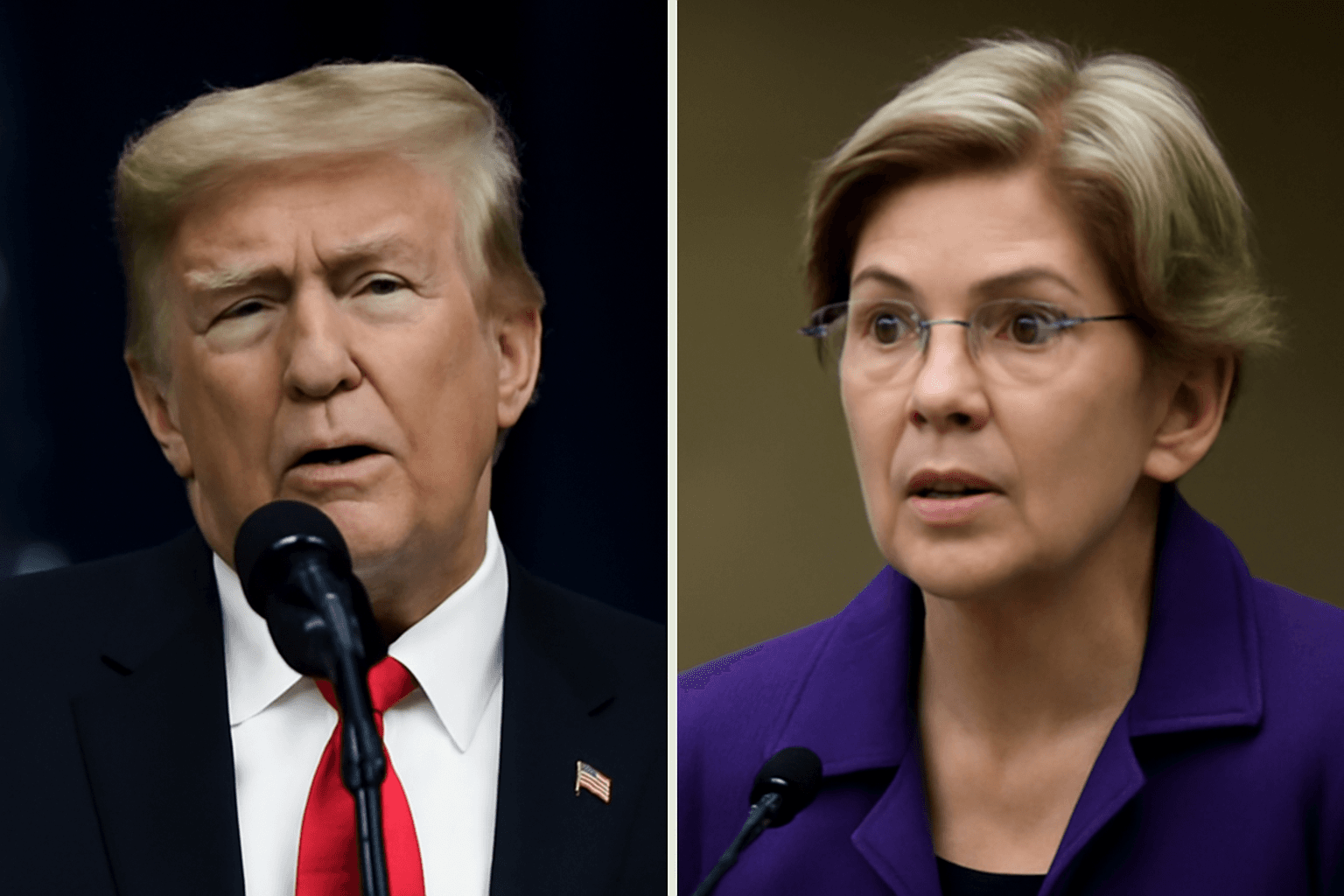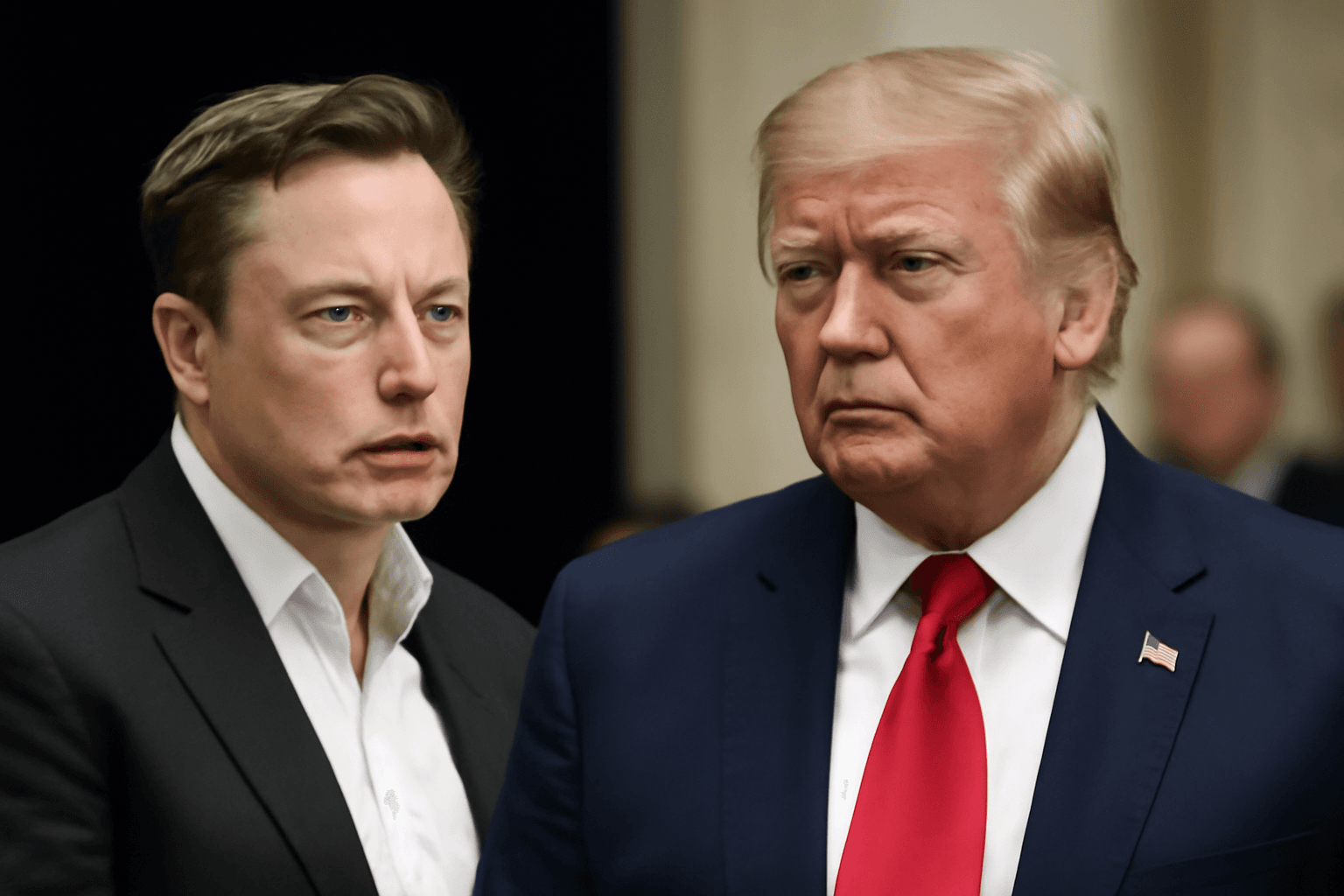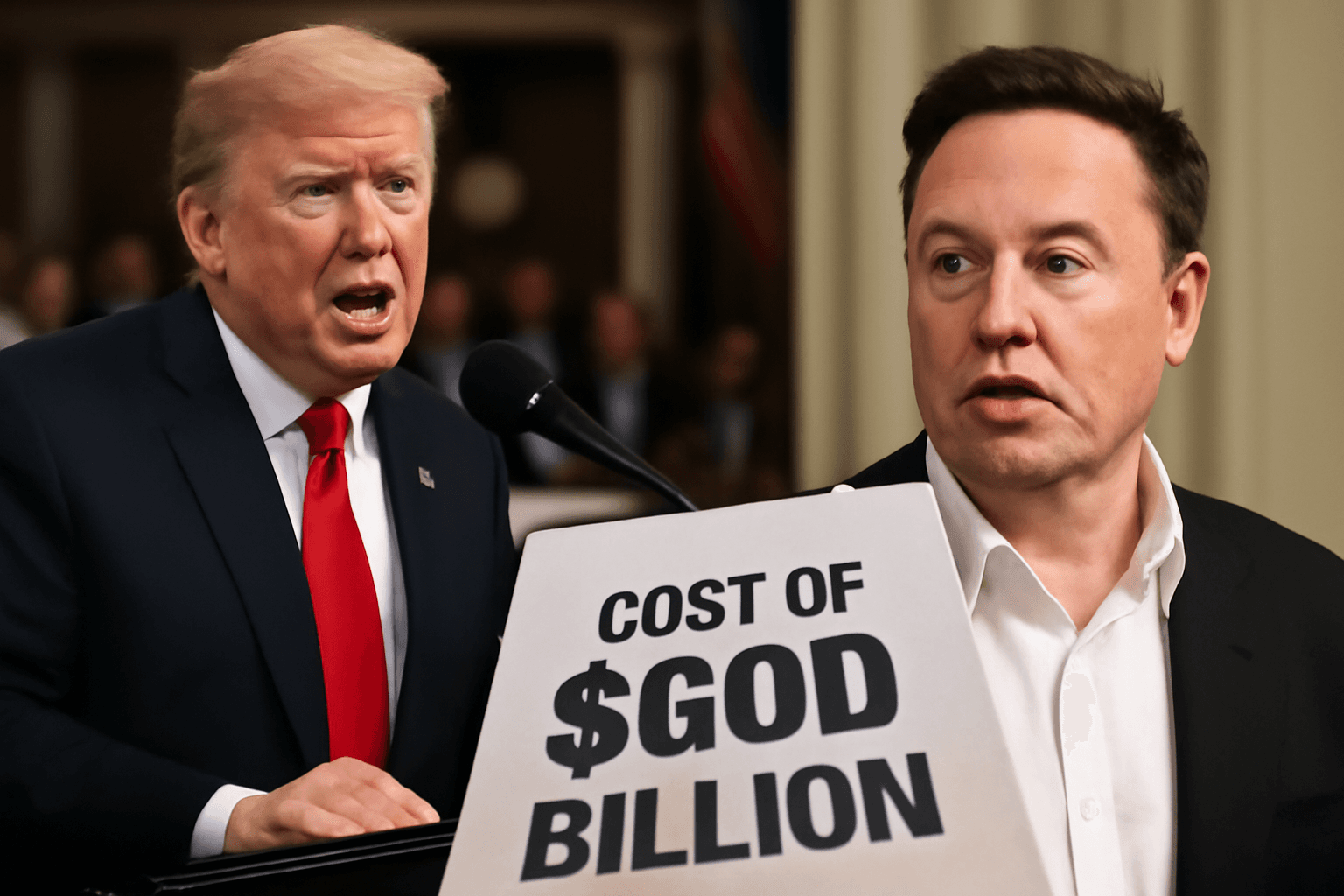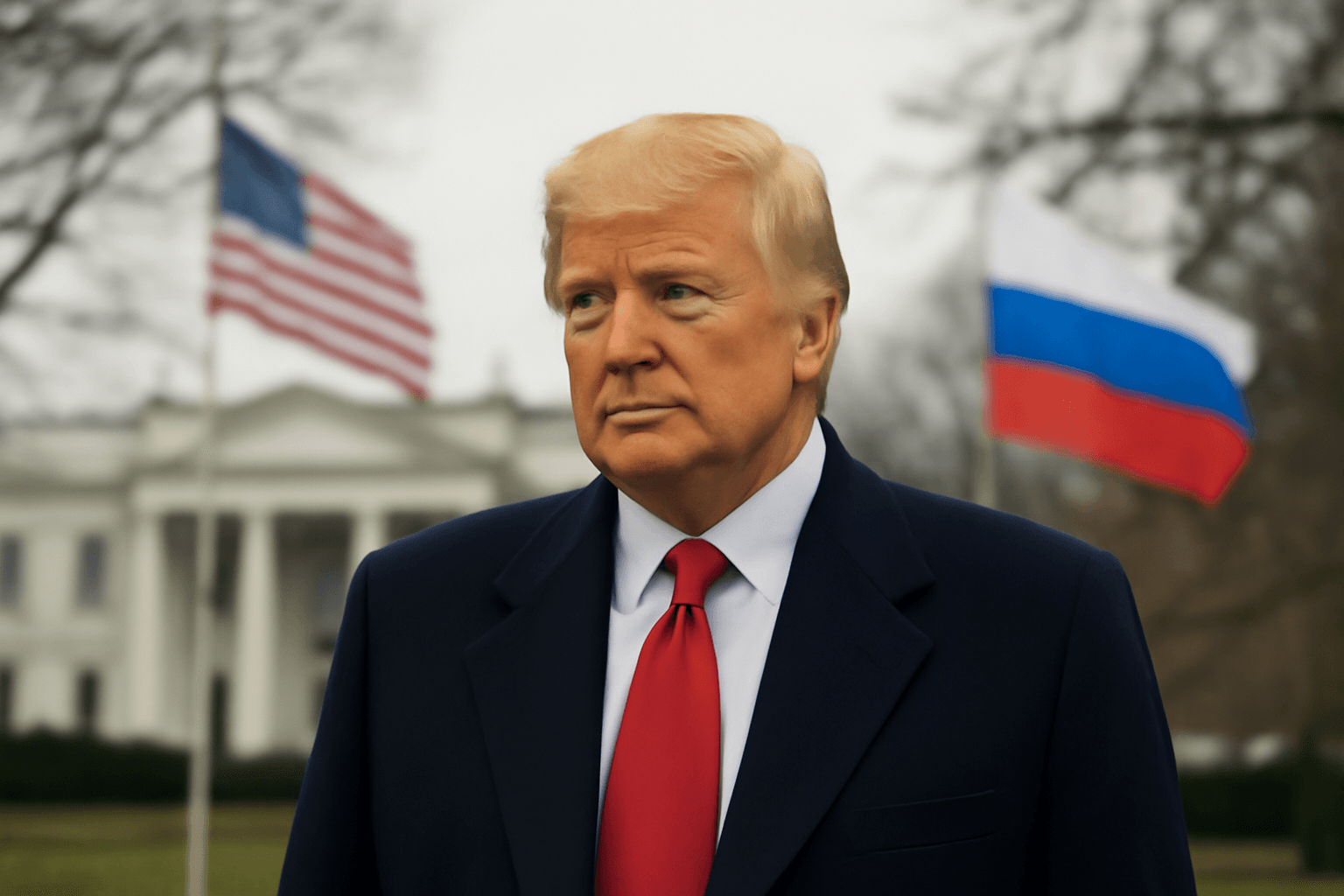In May 2025, President Donald Trump accelerated his controversial use of presidential clemency, issuing a significant number of pardons and commutations to political allies, donors, and public figures. This latest wave highlights Trump's ongoing strategy of rewarding loyalty and projecting power through the pardon power, challenging longstanding norms about presidential mercy.
Among those pardoned were former Representative Michael Grimm, convicted of tax evasion; rapper NBA YoungBoy, convicted on gun and drug charges; and former Connecticut Governor John Rowland, convicted twice for corruption. This diverse group underscores Trump's approach, which prioritizes allegiance and utility over conventional factors such as remorse or justice.
Constitutional Powers and Historical Precedents
The U.S. Constitution grants presidents broad authority to grant pardons for federal offenses, excluding cases of impeachment. Traditionally, this power has been exercised cautiously, often following thorough reviews by the Department of Justice's Office of the Pardon Attorney and typically reserved for a president's final days in office. Notable examples include Gerald Ford’s pardon of Richard Nixon and Bill Clinton’s controversial pardon of Marc Rich.
Contrasting these precedents, Trump’s clemency actions occur openly, repeatedly, and throughout his term. He openly frames prosecutions against his allies as politically motivated, using pardons to challenge the legitimacy of the justice system when it targets his supporters.
Loyalty Over Rehabilitation
Trump’s pardon recipients often reflect his political base and narrative rather than traditional criteria for clemency. The pardoning of figures like the Chrisleys—reality TV personalities convicted of large-scale bank fraud—highlight the personalization and politicization of the process. Trump's collaboration with Alice Marie Johnson, a former inmate turned 'pardon czar,' further amplifies the political signals embedded in these acts.
Moreover, his pardons extend to over 1,500 individuals involved in the January 6 Capitol riot, many convicted of violent offenses, highlighting a shift toward using clemency as tribal solidarity rather than an act of mercy.
Political Impact and Public Perception
While most presidents risk backlash from controversial pardons, Trump appears immune and even emboldened by criticism. His supporters view these pardons as a counterattack against a purportedly biased 'deep state.' High-profile cases, such as the pardon of Paul Walczak following a major GOP fundraising event, blur the lines between political patronage and clemency policy.
Polling reflects widespread public disapproval, with 83% opposing clemency for violent January 6 participants, yet the Trump base often celebrates these decisions as rightful retribution.
Reshaping the Role of Clemency
Under Trump, presidential pardons have transformed from discreet acts of mercy to public spectacles and political tools. The involvement of high-profile figures and media marketing indicates a shift toward clemency as a vehicle for campaign strategy and political signaling.
This evolution raises critical concerns about the integrity of the justice system and the potential erosion of democratic norms surrounding executive power and accountability.
Conclusion
Donald Trump’s aggressive use of the pardon power redefines presidential mercy by entwining it with political loyalty and conflict. Moving beyond traditional constraints, Trump has made pardon a strategic instrument to reward allies, punish opponents, and shape political identity without apparent political penalty. Whether this approach will endure or reshape future presidencies remains uncertain, but its impact on the presidency’s clemency role is profound and unprecedented.

